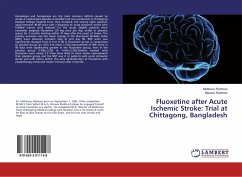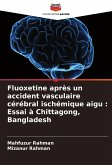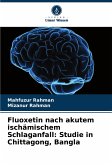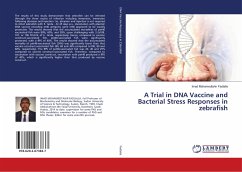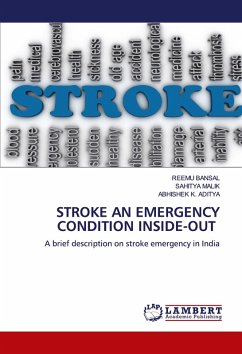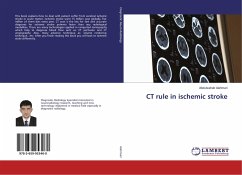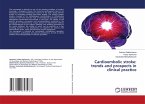Hemiplegia and hemiparesis are the most common deficits caused by stroke.A randomized placebo-controlled trial was conducted at Chittagong Medical College Hospital from .One hundred and twenty eight patients, aged between 40-60 years with a diagnosis of acute ischaemic stroke who fulfilled criteria were selected for the study. Eligible patients were randomly assigned, Fluoxetine (20 mg once per day, orally) or placebo group for 3 months starting within 10 days after the onset of stroke. The primary outcome was the mean change in the Rivermead Mobility Index (RMI) score between inclusion (day 0) and day 90. RMI score was significantly changed from D 0 to D 90 in Fluoxetine group in comparison to placebo group (p.001) and mean (±SD) improvement of RMI score in 90 days were significantly greater in the Fluoxetine group, than in the placebo group [7.08(±3.26) vs. 4.40(±2.53)].Patients treated with Fluoxetine were nearly 3.2 times more likely to show motor improvement than placebo group and the NNT was 2. In patients with acute ischaemic stroke and with motor deficit, the early administration of Fluoxetine with physiotherapy enhanced motor recovery after 3 months.
Bitte wählen Sie Ihr Anliegen aus.
Rechnungen
Retourenschein anfordern
Bestellstatus
Storno

